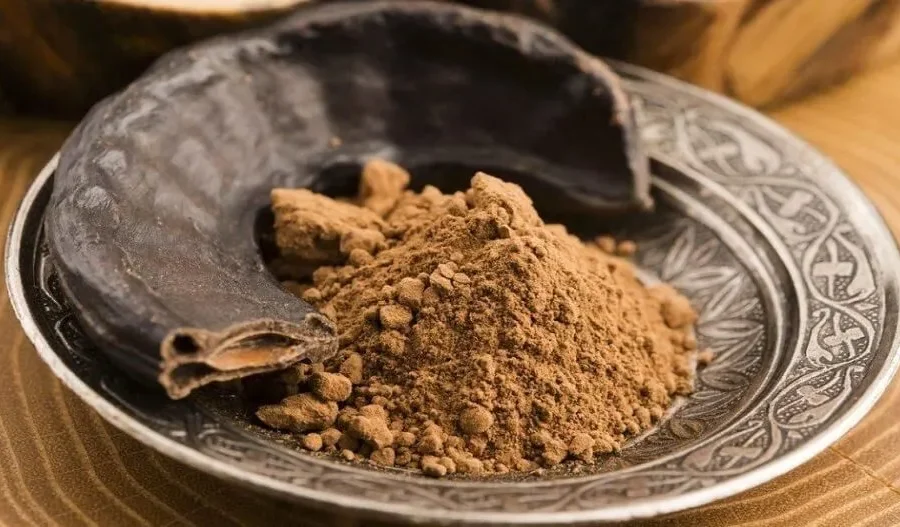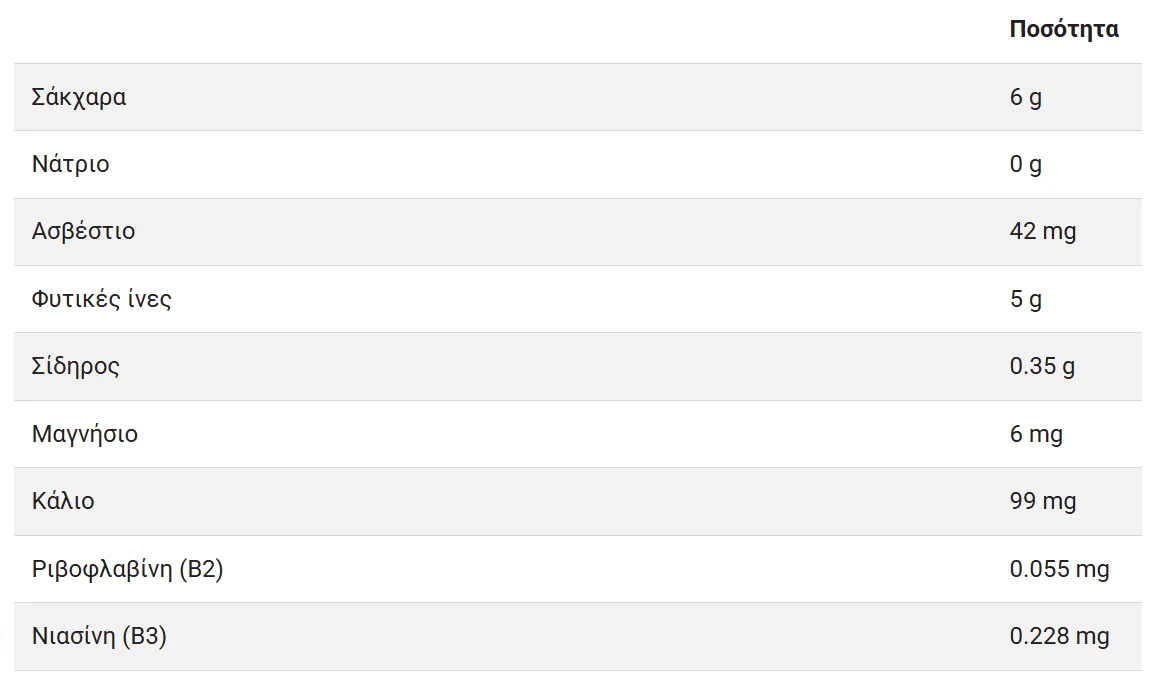Carob flour, made from dried and roasted carob pods, resembles cocoa powder and is often used as a natural sweetener in baked goods. Its sweet taste and unique flavor make it a popular ingredient in various recipes.
Nutritional Highlights
1. Fat-Free
Carob flour contains no fat, making it a suitable choice for low-fat diets. However, it’s worth noting that it has a higher sugar and carbohydrate content compared to cocoa powder. Two tablespoons of carob flour contain about 6 grams of sugar (approximately 1.5 teaspoons), while a cup has 51 grams of sugar and less than 1 gram of fat.
2. Sodium-Free
Excessive sodium intake can lead to health issues like hypertension, heart attacks, strokes, osteoporosis, and kidney problems. Carob flour contains no sodium, making it an excellent option for those following a low-sodium diet.
3. Rich in Calcium Without Oxalates
Calcium is vital for bone health and the proper functioning of the heart, nerves, and muscles. Two tablespoons of carob flour provide 42 mg of calcium, about 4% of the recommended daily intake. Unlike cocoa, which contains oxalates that can hinder calcium absorption and increase the risk of kidney stones, carob flour is free from oxalates.
4. High in Dietary Fiber
With nearly 5 grams of fiber per two tablespoons, carob flour offers over 20% of the recommended daily fiber intake. Fiber aids in satiety, reduces overall food intake, prevents constipation, maintains gut health, regulates blood sugar, and lowers cholesterol levels. A 2010 study found that the antioxidant polyphenols in carob’s insoluble fiber reduced total and LDL (bad) cholesterol in individuals with high cholesterol.
5. Gluten-Free
For individuals with celiac disease or gluten sensitivity, carob flour is a safe alternative as it contains no gluten.
6. Helps Manage Diarrhea
Carob flour’s tannin content makes it a natural remedy for diarrhea. Tannins are polyphenols found in certain plants. Research indicates that consuming carob flour dissolved in water is a safe and effective treatment for acute diarrhea in infants aged 3 to 21 months.
7. Caffeine-Free
Excessive caffeine can lead to side effects like insomnia, rapid heartbeat, nervousness, irritability, stomach issues, and tremors. Carob flour contains no caffeine, making it a suitable substitute for those sensitive to caffeine.
8. Packed with Antioxidants
A 2003 study revealed that carob fiber is rich in polyphenols, identifying 24 polyphenolic compounds, mainly gallic acid and flavonoids. Both have been shown to reduce oxidative stress. Gallic acid eliminates free radicals and destroys cancer cells, while flavonoids possess anti-inflammatory, anticancer, antidiabetic, and neuroprotective properties.
9. Tyramine-Free
Tyramine, a byproduct of the amino acid tyrosine found in certain foods, can trigger migraines. Since chocolate contains tyramine, it’s often avoided by migraine sufferers. Carob flour lacks tyramine, making it a safer alternative for those prone to migraines.
Ways to Enjoy Carob Flour
Add carob flour to smoothies.
Sprinkle it over yogurt or ice cream.
Incorporate it into bread dough or pancake batter.
Prepare a warm beverage using carob flour instead of cocoa.
Make carob-based creams.
Replace cocoa-based chocolates with carob flour and almond milk alternatives.
Bake brownies using carob flour.
Carob flour offers a nutritious and versatile alternative to cocoa, especially for those seeking caffeine-free, gluten-free, and low-fat options.



